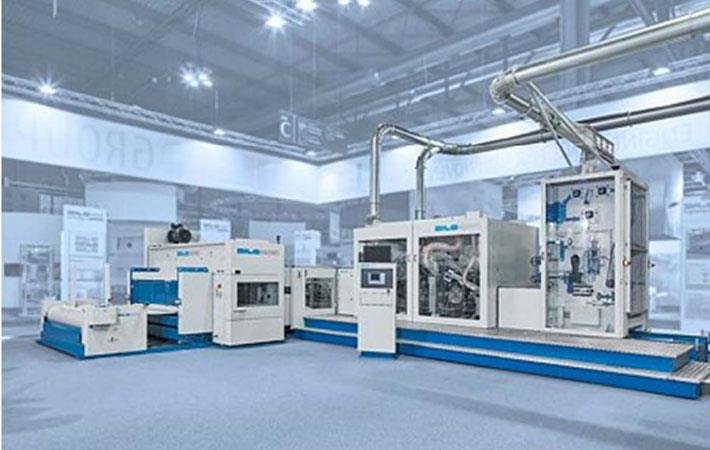The DiloGroup, the leading machine-building company for needle felting technology and numerous innovations and inventions, with its units DiloSystems, DiloMachines, DiloTemafa and DiloSpinnbau, is set to partake in Techtextil 2017, the international tradefair for textile machinery and nonwovens, from May 9 to 12, 2017, in Germany, in hall 3, booth 31.
As the leading group in the field of staple fibre nonwoven production lines, DiloGroup will inform about complete lines presenting the latest developments in all components. The strong demand for DILO production lines is partly due to the high attraction of needled nonwovens themselves with a yearly increase in consumption of about 6 – 7 per cent.The DiloGroup, the leading machine-building company for needle felting technology and numerous innovations and inventions, with its units DiloSystems, DiloMachines, DiloTemafa and DiloSpinnbau, is set to partake in Techtextil 2017, the international tradefair for textile machinery and nonwovens, from May 9 to 12, 2017, in Germany, in hall 3, booth 31.#
Staple fibre production lines start with fibre preparation – opening and blending – from DiloTemafa, card feeding, and cards from DiloSpinnbau and end with crosslappers and needlelooms from DiloMachines.
The quality of DiloGroup’s four equipment components, opening and blending, carding, cross-lapping, and needling, is important to customers. A DILO line stands for highest productivity with best web quality. This goes hand in hand with a high efficiency as the mentioned four machine groups are controlled by a single drive and control technique and fulfil all requirements for modern cross-linking and smart production.
In addition to information about standard universal lines, the company will inform about the latest developments in DILO machines which aim to increase efficiency and productivity by the degree of automation and improved end product quality. DILO machines may be used for the production of nonwovens used in automotives, as floor coverings, synthetic leather, geotextiles, and for filtration, just to name the most important fields of application.
Considerable progress has been achieved in the processability of special fibres like carbon using recycled fibres to make composite materials. Compact special lines for product research and development with recycled carbon fibres will be available and can be discussed with interested visitors. (GK)
Fibre2Fashion News Desk – India
